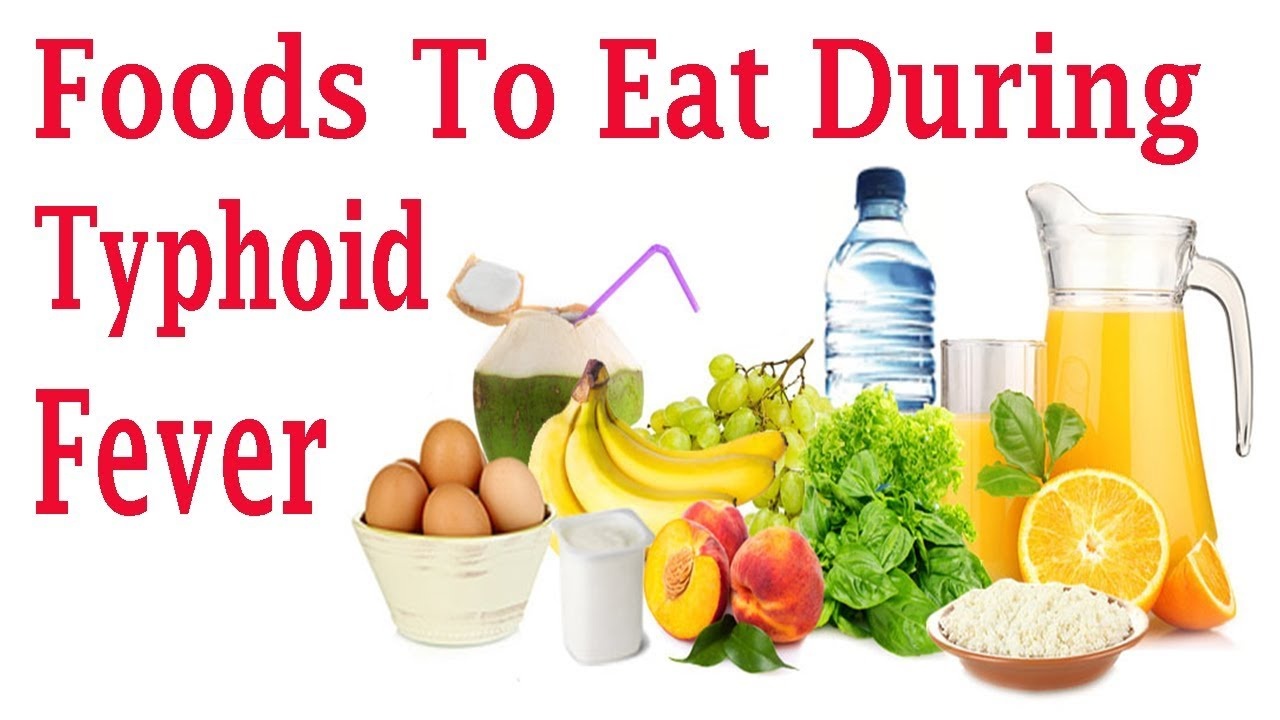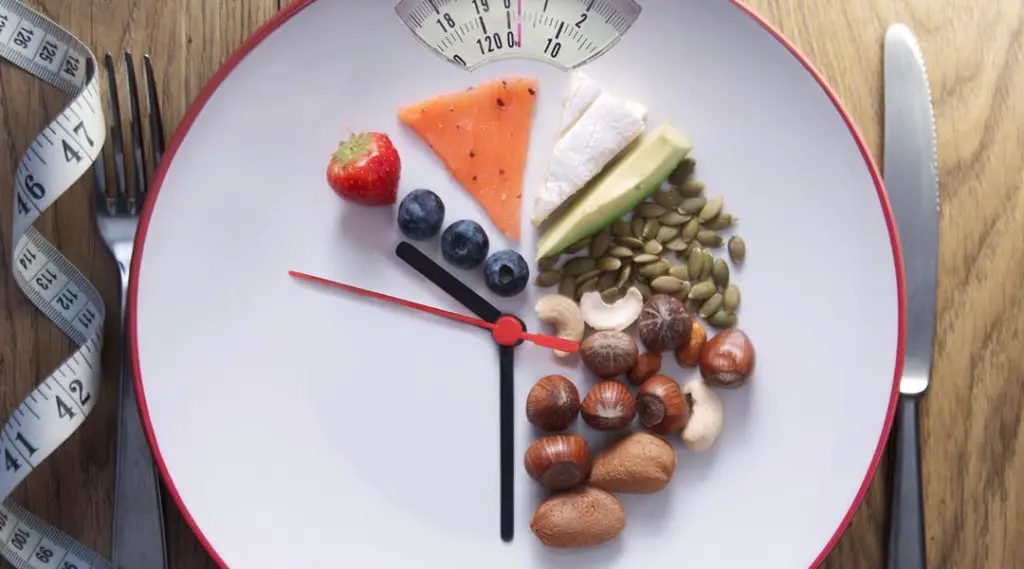Understanding Typhoid Fever
Typhoid fever is characterized by symptoms such as high fever, headache, stomach pain, weakness, and loss of appetite. In severe cases, it can lead to complications such as intestinal perforation or bloodstream infections, which can be life-threatening if not treated promptly.
The Importance of Diet in Typhoid Fever
While antibiotics are crucial for treating typhoid fever, a nutritious diet can support the body’s immune system, maintain hydration, and aid in recovery. The primary goals of the typhoid diet include:
Providing Adequate Nutrition
Ensuring the body receives essential nutrients to support the immune system and energy levels.
Maintaining Hydration
Replenishing fluids lost through fever, sweating, vomiting, and diarrhea.
Easing Digestive Discomfort
Choosing foods that are gentle on the stomach and easy to digest to minimize gastrointestinal symptoms.
Recommended Foods for the Typhoid Diet
Fluids
- Water: Stay hydrated by drinking plenty of water throughout the day.
- Electrolyte Solutions: Replenish electrolytes with oral rehydration solutions or sports drinks.
- Coconut Water: Provides hydration and replenishes electrolytes naturally.
Bland Foods
- Rice: Easily digestible and helps to bulk up stools.
- Boiled Potatoes: Rich in carbohydrates and easy on the stomach.
- Bananas: Provide potassium and are gentle on the digestive system.
Lean Proteins
- Chicken Soup: Provides hydration and nourishment with added protein.
- Boiled Eggs: Rich in protein and easy to digest.
- Steamed Fish: Provides lean protein and essential nutrients.
Vegetables
- Boiled or Steamed Vegetables: Opt for soft, non-cruciferous vegetables like carrots, pumpkin, and zucchini.
- Clear Vegetable Broth: Provides hydration and nutrients without adding bulk.
Dietary Precautions for Typhoid Fever
Avoid Raw or Undercooked Foods
Steer clear of raw fruits, vegetables, and meats, as they may harbor harmful bacteria.
Limit Spicy or Irritating Foods:
Spicy foods and condiments can aggravate the digestive system and should be avoided.
Be Cautious with Dairy
Some individuals may have difficulty digesting dairy products during illness. Opt for lactose-free options or avoid dairy altogether if it causes discomfort.
Potential Benefits of the Typhoid Diet
Supports Recovery
A nutritious diet provides essential nutrients and energy to support the body’s immune response and aid in recovery from illness.
Maintains Hydration
Consuming fluids and electrolyte-rich foods helps prevent dehydration, a common complication of typhoid fever.
Eases Digestive Discomfort
Bland, easily digestible foods can help alleviate gastrointestinal symptoms such as nausea, vomiting, and diarrhea.
Prevents Nutritional Deficiencies
A balanced diet ensures the body receives essential nutrients, preventing deficiencies that can weaken the immune system and prolong illness.
FAQs
Can I eat raw fruits and vegetables during typhoid fever?
It’s best to avoid raw fruits and vegetables, as they may be contaminated with Salmonella typhi bacteria. Opt for cooked or peeled fruits and vegetables instead.
Is it safe to consume dairy products during typhoid fever?
Some individuals may have difficulty digesting dairy products during illness. Choose lactose-free options or avoid dairy altogether if it causes discomfort.
Can I drink caffeinated beverages like coffee or tea?
Caffeinated beverages can be dehydrating and may irritate the stomach. It’s best to stick to hydrating fluids like water, electrolyte solutions, and herbal teas.
Are there any foods I should avoid during typhoid fever?
Avoid raw or undercooked foods, spicy or irritating foods, and dairy products if they cause discomfort. Stick to bland, easily digestible options.
Can I consume alcoholic beverages while recovering from typhoid fever?
Alcohol can interfere with hydration and may weaken the immune system. It’s best to avoid alcoholic beverages until fully recovered.
Should I take any dietary supplements during typhoid fever?
While a balanced diet is the best way to obtain nutrients, your healthcare provider may recommend specific supplements if you have deficiencies or difficulty eating certain foods.
How long should I follow the typhoid diet?
Follow the typhoid diet until your symptoms improve and you are fully recovered. Gradually reintroduce a normal diet as tolerated, starting with bland, easily digestible foods.
Conclusion
The typhoid diet plays a supportive role in managing symptoms and aiding recovery from typhoid fever. By focusing on hydration, nutrition, and digestive comfort, it can help alleviate symptoms and prevent complications. However, it’s essential to follow dietary precautions and consult with a healthcare provider for personalized guidance based on your individual needs and condition. With proper care and attention to dietary recommendations, you can support your body’s healing process and promote a speedy recovery from typhoid fever.
- Nu-Derm Skin System Near Chaldon, Surrey - June 5, 2025
- The Complexities Of Being Demigender In A Binary World - June 5, 2025
- Skin Treatment & Skincare Consultations Near Coldharbour, Surrey - June 4, 2025




